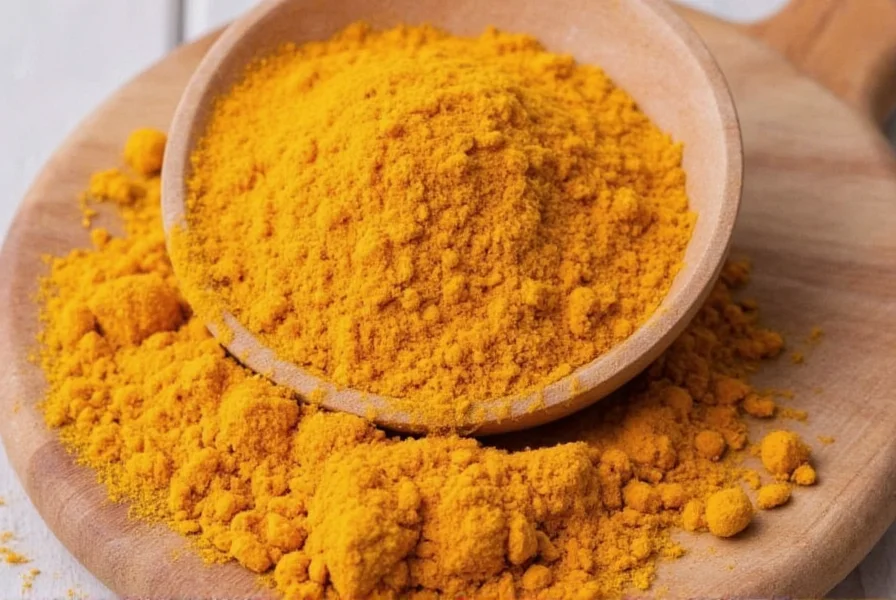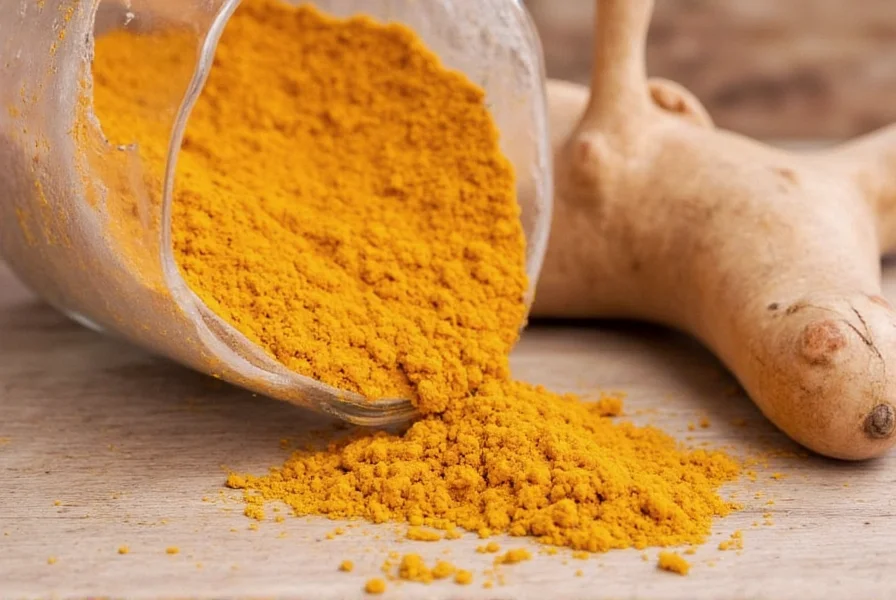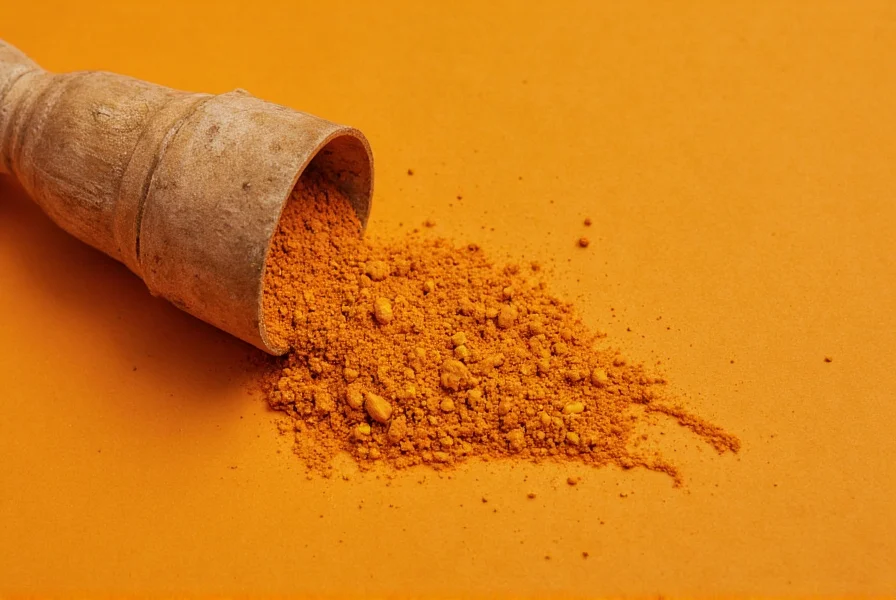Understanding the relationship between turmeric and blood thinning is crucial for millions who use this popular spice for its potential health benefits while managing cardiovascular conditions. As natural supplement usage continues to rise, separating scientific evidence from anecdotal claims becomes increasingly important for personal health decisions.
Understanding Turmeric's Active Components
Turmeric (Curcuma longa), a bright yellow spice commonly used in Indian cuisine and traditional medicine, contains curcuminoids as its primary bioactive compounds. Curcumin represents about 2-8% of raw turmeric and accounts for most of its studied biological effects. While culinary use of turmeric in normal food amounts presents minimal risk, concentrated curcumin supplements—which can deliver 500-2,000 mg daily—require careful consideration when combined with anticoagulant therapy.

The Scientific Evidence on Turmeric as a Blood Thinner
Multiple laboratory studies have demonstrated curcumin's potential anticoagulant effects through several mechanisms:
- Inhibition of platelet aggregation, reducing the ability of blood platelets to clump together
- Modulation of thrombin activity, a key enzyme in the blood clotting cascade
- Reduction of fibrinogen levels, a protein essential for clot formation
- Interference with vitamin K-dependent clotting factors
A 2020 review published in Phytotherapy Research analyzed 17 clinical studies and concluded that while turmeric shows promising anticoagulant properties in vitro and in animal models, human evidence remains limited and primarily focused on short-term, low-dose consumption. The researchers emphasized that turmeric's blood-thinning effects are substantially weaker than pharmaceutical anticoagulants.
Turmeric Interactions with Common Blood-Thinning Medications
The greatest concern arises when turmeric supplements are combined with prescription anticoagulants. The following table summarizes potential interactions:
| Medication Type | Common Examples | Potential Interaction with Turmeric | Recommended Precaution |
|---|---|---|---|
| Vitamin K Antagonists | Warfarin (Coumadin) | May enhance anticoagulant effect, increasing INR levels | Avoid high-dose supplements; monitor INR closely |
| Direct Oral Anticoagulants (DOACs) | Rivaroxaban (Xarelto), Apixaban (Eliquis) | Theoretical risk of additive effects; limited clinical evidence | Consult physician before using supplements |
| Antiplatelet Agents | Aspirin, Clopidogrel (Plavix) | Potential additive effect on platelet function | Use culinary turmeric cautiously; avoid supplements |
Culinary Use vs. Supplemental Use: Understanding the Difference
It's essential to distinguish between dietary turmeric consumption and therapeutic supplementation. The average person consumes approximately 60-100 mg of curcumin daily through food preparation, which generally poses minimal risk. However, supplements often contain 400-2,000 mg of curcumin extract standardized to 95% curcuminoids—representing a 10-50 fold increase in concentration.
A 2022 study in the Journal of Dietary Supplements found that healthy adults consuming 1,500 mg of curcumin daily for 4 weeks showed no significant changes in standard coagulation parameters (PT/INR, aPTT). However, the study excluded participants taking anticoagulant medications, highlighting the need for caution in this specific population.

Safety Considerations for At-Risk Populations
Certain individuals should exercise particular caution with turmeric supplements:
- Pre-surgical patients: Discontinue turmeric supplements at least 2 weeks before scheduled surgery due to bleeding risk
- Individuals with bleeding disorders: Such as hemophilia or von Willebrand disease
- Pregnant women: High doses may stimulate uterine contractions
- People with gallbladder issues: Turmeric may exacerbate gallstones or bile duct obstruction
The American College of Chest Physicians notes that while culinary turmeric is generally recognized as safe, concentrated curcumin supplements should be treated as pharmacologically active substances with potential for drug interactions, particularly with anticoagulant therapy.
Evidence-Based Usage Guidelines
Based on current research, the following guidelines can help ensure safe turmeric consumption:
- For general health: Culinary use (1-3 grams of turmeric powder daily) is considered safe for most adults
- For supplement users: Limit to 500-1,000 mg of curcumin daily unless under medical supervision
- For those on blood thinners: Avoid curcumin supplements without physician approval
- Before medical procedures: Discontinue supplements at least 14 days prior to surgery or invasive procedures
- Monitoring: Those combining turmeric with anticoagulants should have more frequent INR monitoring
Remember that individual responses to turmeric can vary significantly based on genetics, health status, and other medications. The blood-thinning effects of turmeric supplements natural anticoagulant properties of turmeric potential interactions between turmeric and blood thinners are all important considerations for informed decision-making.
When to Consult Your Healthcare Provider
Seek medical advice before using turmeric supplements if you:
- Take any prescription blood-thinning medication
- Have a history of bleeding disorders
- Are scheduled for surgery within the next month
- Experience unusual bruising or bleeding
- Take medications metabolized by CYP450 enzymes
Your healthcare provider can help determine whether turmeric is appropriate for your specific health situation and may recommend appropriate monitoring if you continue using it alongside anticoagulant therapy.











 浙公网安备
33010002000092号
浙公网安备
33010002000092号 浙B2-20120091-4
浙B2-20120091-4